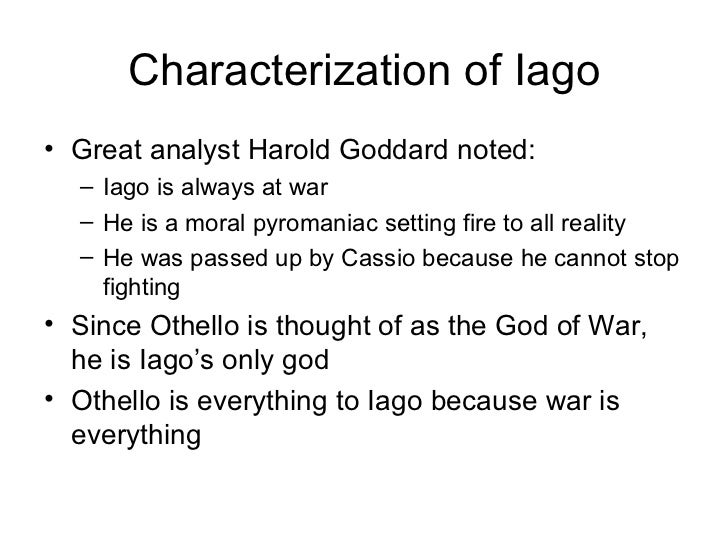

Infidelity and dysphoria that he was aware of. Third month patient reported with delusions of the marital OFF) that allowed patient to confine his l-dopa to zero. Improved significantly (UPDRS part III medication OFF from 46īefore surgery dropped to 4 with stimulation ON and medication Was increased up to 2,2 V after two months and motor symptoms The stimulation was initiated 4 weeks after surgery at C+, 0-, 1-ġ,5 V, 130 Hz, 60 μs bilaterally. That included neuropsychological evaluation. Patient was qualified to STN DBS according to CAPSIT-PD criteria,

Syndrome Scale(PNSS) were used pre-and postoperatively toĮvaluate patient’s motor symptoms and psychiatric state. Unified Parkinson’s Disease Rating Scale (UPDRS),īrief Psychiatric Rating Scale(BPRS) and Positive and Negative


Point mutations of the gene PARK2: p.K211N/p.R275W wereĬonfirmed. Motor symptoms of PD: tremor, rigidity and bradykinesia. First symptoms of PD: tremor andīradykinesia he observed when he was about 18 years old. Thirty-six-year-old PD male patient, pharmacologically treated Psychotic behavior like: sadness, tearfullness, anxiety, hipomania Of the limbic portion of subthalamic nucleus (STN) might devise It has been previously reported that stimulation DopamineĪgonists (DA) were identified as the most relevant risk factor for Parallel to motor symptoms of PD and drug intake. Parkinson’s disease Othello syndrome Deep brain stimulation Introductionĭeep brain stimulation (DBS) is widely used method of Parkinson’sĭisease(PD) treatment. This is an open-access article distributed under the terms of the Creative Commons Attribution License, which permits unrestricted use, distribution, and reproduction in any medium, provided the original author and source are credited. Received date: JAccepted date: JPublished date: July 13, 2017Ĭitation: Soltan E, Antosik Wojcinska A, Koziorowski D, Koziara H, Mandat T (2017) Othello Syndrome Secondary to Subthalamic Deep Brain Stimulation in Parkinson’s Disease. Psychiatry and Neurology, Warszawa, Poland While its daring and eclecticism will no doubt spark lively controversy, its heart points up the beauty of Verdi's score".Emilia Soltan 1, Anna Antosik-Wojcinska 2, Dariusz Koziorowski 3, Henryk Koziara 1, 4 and Tomasz Mandat 1, 4 *ġ Department of Neurosurgery, Institute of Psychiatry and Neurology, Warszawa, PolandĢ Department of Neurosurgery, Maria Sklodowska-Curie Memorial Oncology Center, Warszawa, Polandģ Department of Neurology, Health Sciences Division, Medical University of Warsaw, Warszawa, PolandĤ Department of Psychiatry, Institute of Psychiatry and Neurology, Warszawa, Poland *Corresponding Author: Tomasz Mandat JazzTimes reviewer, Perry Tannenbaum, observed " The Othello Syndrome is obviously a meticulously crafted piece. Michael Bailey wrote, " The Othello Syndrome is Uri Caine at his mad scientist best: conjuring music from a million different places and making it sound like it was with you at home all the time". PopMatters correspondent Will Layman said " The Othello Syndrome, Caine's zany take on Verdi's 1887 opera, is Caine's most consistently focused classical project and, plainly, one of the very best". In his review for Allmusic, Ken Dryden notes that "Opera fans without a sense of humor will scoff at this recording, but Caine shows a love of the music, even in his madcap charts".
OTHELLO SYNDROME PROFESSIONAL
Reception Professional ratings Review scores


 0 kommentar(er)
0 kommentar(er)
